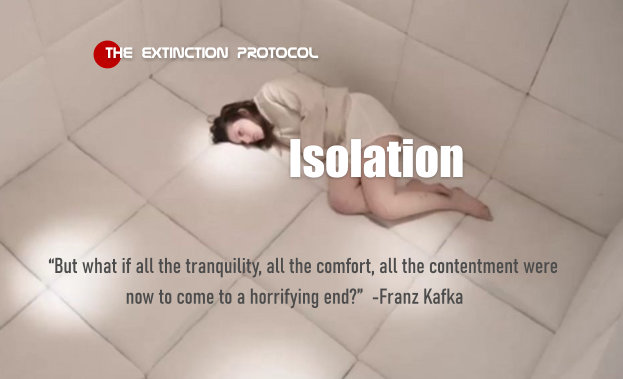After quarantine, what? Unemployment, homelessness, depression, PTSD, and long-term mental health issues

Putting suspected coronavirus patients in quarantine could cause long-lasting damage to their mental health, British scientists have warned. The official UK guidance to people who think they may have come into contact with someone with the virus is to self-isolate for 14 days and avoid others. For those who do test positive, they have no choice and are forced into quarantine for at least a fortnight against their will.
But spending weeks in isolation can trigger PTSD, depression, feelings of confusion, anger and fear, and even drug abuse, according to a King’s College London study. Losing money due to missing work and the stigma around the disease were also both linked to mental health problems. And the longer the patients spend separated from society also influenced how severe their symptoms are. Other factors that influenced the risk of causing mental health damage were a lack of basic needs like food, water and clothes – as well as feelings of boredom, frustration, and fear.
The researchers have urged health bosses to provide reassurance to those in quarantine, as well as sufficient supplies to reduce psychological harm. They also called for public awareness campaigns to tell the public it is not the patients’ fault and remind them about the benefits of quarantine for society as a whole. Lead author Dr Samantha Brooks told Yahoo: ‘Going into quarantine is an isolating and often fearful experience and our study found that it has negative psychological effects. “The finding that these effects can still be detected months or years down the line — albeit from a small number of studies — is of particular concern and indicates that measures should be put in place during the quarantine planning process to minimize these psychological impacts. Our research suggests that health-care workers deserve special attention from their managers and colleagues and those with pre-existing poor mental health would need extra support during quarantine.” –Daily Mail

Comments
Post a Comment